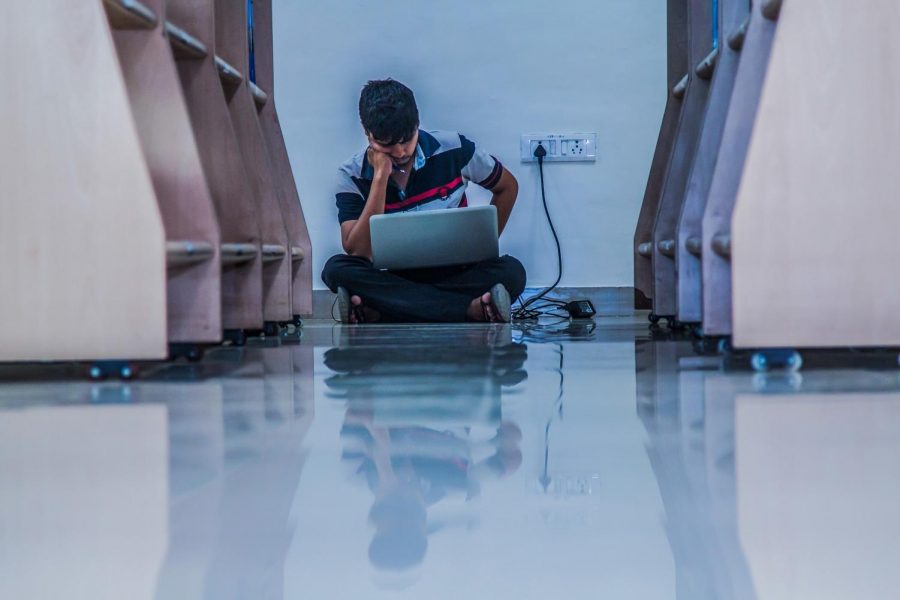The Introvert’s Dilemma
No matter how much a person may like (or dislike) his or her roommate, sharing a room with another person can be incredibly draining. For introverted college students who may not have the option to pay the extra money to live in a private dorm or rent a room in a house or an apartment, finding the time and space to be alone to recharge can be a difficult task.
Introversion is a personality trait characterized by a focus on internal feelings rather than on external sources of stimulation, according to an article on verywellmind.com.
In an article on Business Insider, author Lindsay Dodgson writes, “If you identify as more of an introvert than an extrovert, you’ll know that means you are more energized by spending time on your own, or in very small intimate groups of people you trust.
“It doesn’t mean you are a hermit or dislike social situations — you just often need time to recharge alone after them” Dodgson continues.
Though the difference between introverts and extroverts can often be seen as two extremes, most people fall somewhere near the middle along a spectrum.
When an introvert becomes overstimulated or begins to feel “all peopled out” after a day of socializing, they can exhibit a variety of symptoms during what is sometimes called an “introvert hangover.” This can include irritability, the inability to think clearly, zoning out and even feelings of anxiety or depression. The bottom line is that introverts experiencing these symptoms need to be alone, preferably ASAP.
So, what happens when they can’t really be alone?
These are some of the best tips from an online poll of college students on how to survive dorm life as an introvert.
First, it is important to set clear expectations with your roommate about needing time alone early on in the school year. This might feel selfish at first, but it is important for mental and emotional health to set these boundaries and have open communication between roommates.
Being intentional about taking time to be alone during the week is also important. Find time to sit in a coffee shop, go for a long walk or listen to a podcast or music in the car.
Finding activities to do alone outside of the dorm room can satisfy the need to be alone while also accommodating the inability to do so on a college campus.
Buying a pair of noise-cancelling headphones can also be helpful when trying to recharge in the dorm room when a roommate is there. It is easier to feel alone and wind down if the noise of a roommate is cancelled out.
Though being an introvert can be exhausting, there is power in thinking introspectively and recognizing personal signs that indicate alone time is needed. By acknowledging feelings and signs of becoming drained, an introvert, specifically on a college campus, can be proactive about preventing burnout by doing little things to recharge as they go about their day.

Carson Wiseman is a sophomore here at Delta State University from Olive Branch, Miss., who is currently majoring in English Education and minoring in psychology....



